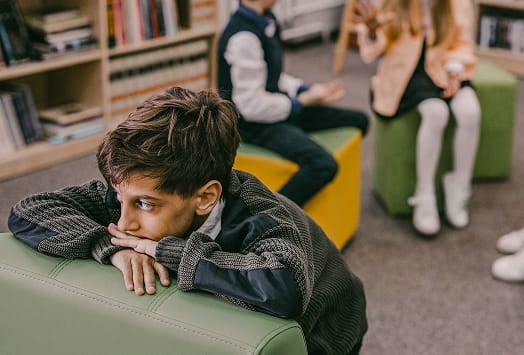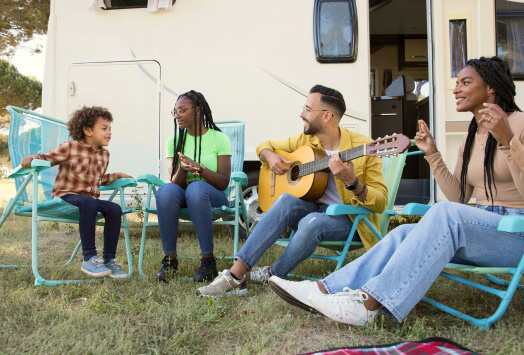In the spring of 2020, with schools closed and home learning in full swing, many parents were given a front row seat to their child’s inattention and educational struggles. This time at home showed parents a whole subset of ADHD symptoms present in their children. As a result, there was a spike in diagnoses, or at least in parents' knowledge that a diagnosis may be needed.
Almost two years into the pandemic, some parents are looking for new and creative ways to accompany the therapeutic and educational support provided to their neurodiverse kids. At Sawyer, we are always working to help children discover their own love of learning. As part of this mission, we’ve asked Emily Andrews, M.S. Ed, our early childhood learning specialist, to share why she believes recreational classes are an excellent after school option for children with ADHD.
Why are after school classes helpful for kids with ADHD?
Classes are structured and interest based
Recreational classes are more flexible because the curriculum is not mandated by the state. The child can choose what they would like to focus on and can meet goals in their own way. For example, an extracurricular computer class can allow a child to focus on one element of the lesson, rather than the lesson as a whole, since there is no testing or requirements. These instructors create spaces for children to explore what interests them while keeping them operating within the larger structure of class time.
Classes provide opportunities for active participation
Educational psychologists hypothesize that children with ADHD benefit from increased movement when they are trying to maintain alertness and focus. Hyperactivity, as it is sometimes called, may help the child compensate for under arousal in some areas of their brain.
Therefore, an art class that allows children to get up, explore materials, and observe others at work enables students with ADHD to get the movement that they need to stay focused. During the normal school day, few classroom teachers can accommodate frequent movement, so this sort of recreational learning environment feels like a welcome breath of fresh air for a child that needs it. Having regular and functional movement built into the overall structure of the class allows the child to feel not like the exception but instead part of a learning space that operates within a “move while you learn” paradigm.
Hands-on learning is more common
Instead of just learning about a topic, children can roll up their sleeves more often in extracurricular after school activities. These classes give them more opportunities to use their hands and explore the lessons in a “learning by doing” mentality. During the school day, the hands-on portion of a class is likely only a percentage whereas in a recreational class, the hands-on portion is a lot more, if not all, of the class!

Smaller class sizes
Recreational classes offer the opportunity for smaller groups. This means movement is more possible because there are less bodies in the room. It also means more help from a supportive adult with things like staying on task and following through with goals. With a small class, the instructor can find creative ways to allow a child extra time where needed. There are also increased opportunities for positive interactions with the teacher, encouragement, detailed comments, and more.
It’s an opportunity to work on and maintain friendships
When children with ADHD enter a social setting, they can have a hard time sharing, taking turns, listening, and picking up on subtle body language. They might become bored or distracted and then mentally check out of a conversation. Likewise, they may have a hard time managing their emotions when interacting with peers. However, in an after school class, most children will have a shared interest (the topic of the class) and they can build and maintain friendships more easily.
It’s an opportunity to work on executive functioning
As children work on and explore their area of interest, they are better positioned to practice executive functioning skills, which might come harder for them. Executive functioning skills are the mental processes that enable us to plan, focus our attention, remember instructions, and juggle multiple tasks successfully.
A recreational class might help with executive functioning skills because children in the class need to:
- Analyze what it would take to do or make something and then decide whether it’s feasible or not.
- Plan how to do the task or larger project.
- Organize the steps needed.
- Develop a timeline.
- Adjust as new roadblocks or elements present themselves.
- Initiate and complete the task.
While after school classes can be beneficial to children with ADHD, it is important to note that, just like typically developing children, neurodiverse children are different from each other. There are no hard and fast rules to determine if a child is equipped for a given class. Each parent should consider their child’s ability to manage in a group context and then do their research about the class. Parents can even reach out to the teacher to hear more about class expectations and to share a bit about their child to determine if the class is a good fit. With these steps, you can set your child up for success in their after school activities.
If you are looking for after school activities to help your child find their passions and explore new topics, check out what our educators are offering on Sawyer.

















